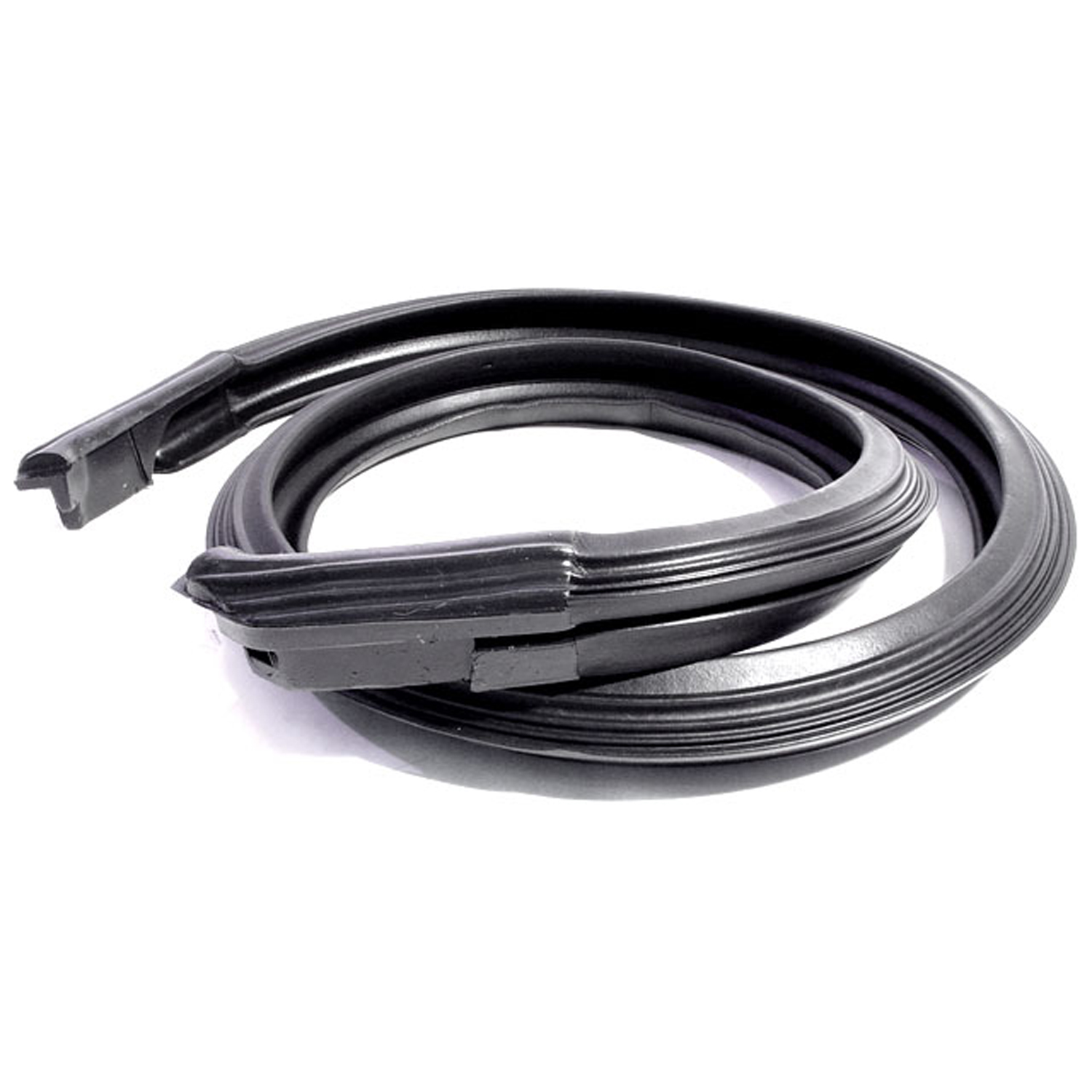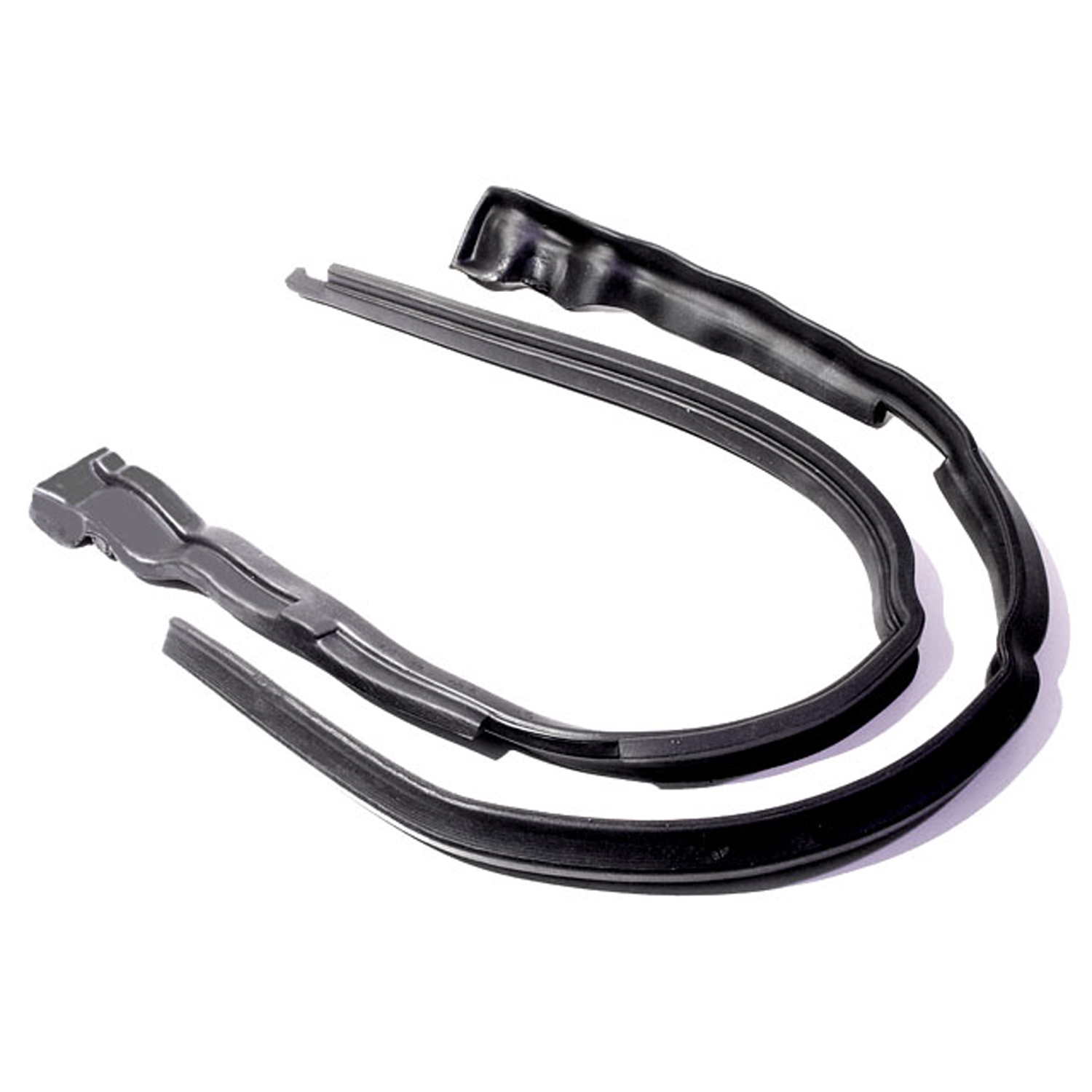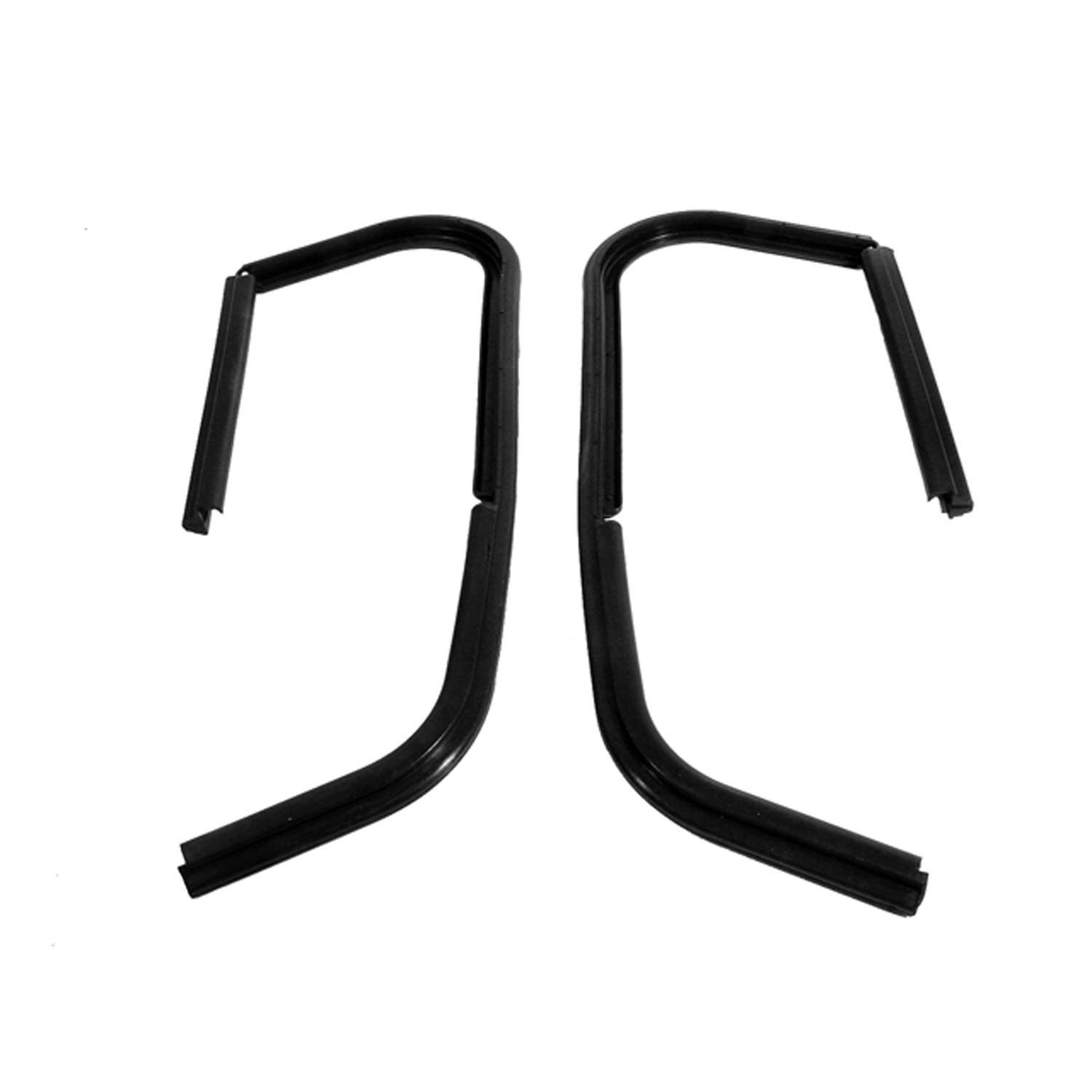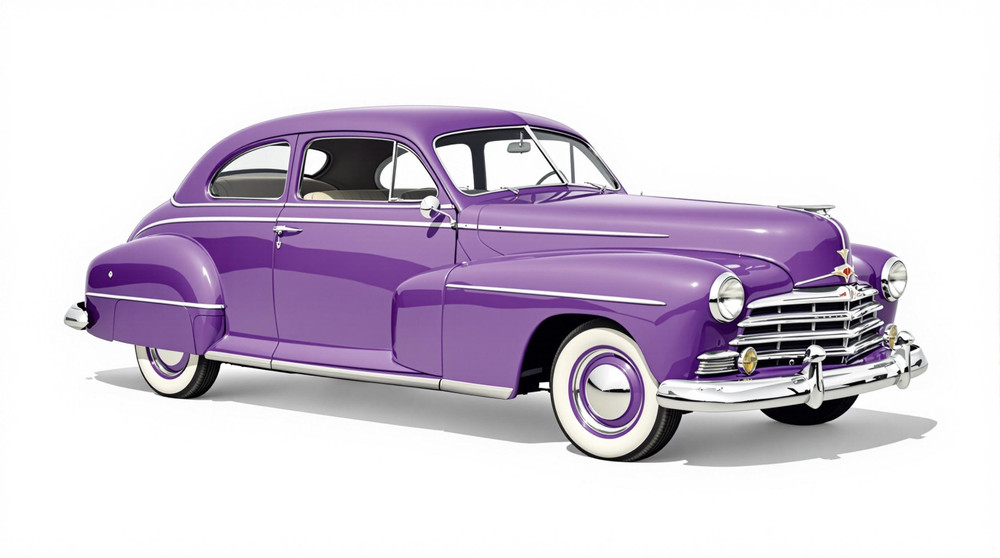Image of 1948 Hudson Super Series, Note: These illustrations use artistic license and may differ from actual historical models.
Performance Metrics
Fundamental Metrics
Emotional Appeal
MMP Rating
| Engine Specifications | |
|---|---|
| Engine: | 262 cu in (4.3 L) I6, 308 cu in (5.0 L) I6 |
| Displacement: | 262-308 cu in (4.3-5.0 L) |
| Horsepower: | 121-145 hp |
| Torque: | 200-220 lb-ft |
| Compression Ratio: | 7.0:1 |
| Ignition System: | Battery Ignition |
| Cooling System: | Liquid-cooled |
| Performance Specifications | |
| 0-60 Time: | Estimated 15-20 seconds |
| 1/4 Mile Time: | Estimated 20-25 seconds |
| Top Speed: | 90-100 mph |
| Transmission and Drive | |
| Drive Type: | Rear-wheel drive |
| Transmission Type: | 3-speed manual, 4-speed Hydra-Matic automatic |
| Fuel and Efficiency | |
| Fuel System Type: | Carburetor |
| MPG: | Estimated 15-20 mpg |
| Dimensions and Brakes | |
| Brakes: | Drum brakes |
| Wheelbase: | 124 inches |
| Weight: | 3,200-3,600 lbs |
Note: Specifications for classic cars are given to the best of our ability, considering the limited and variant data available.
Introduction
Step back in time to the post-war automotive boom, where the 1948 Hudson Super Series emerged as a beacon of innovation and style. Born from the Hudson Motor Car Company, this vehicle not only captured the essence of American optimism but also set new benchmarks in automotive design. At a time when most manufacturers were simply updating pre-war models, Hudson was forging ahead with what would become one of the most iconic cars of the era. A testament to its enduring appeal is the fact that it was one of the first vehicles to be involved in organized stock car racing, laying down roots for what would become NASCAR.
Design and Innovation
The 1948 Hudson Super Series was a marvel of its time, with its sleek, low-slung bodywork that seemed to glide over the roads. Its 'step-down' design was revolutionary, offering a lower center of gravity that not only enhanced its aesthetic appeal but also improved handling dramatically. Inside, passengers were treated to an opulent environment, with plush seating and high-quality materials that exuded luxury. Technologically advanced for its time, it featured innovations like an optional "Drive-Master" automatic transmission that set it apart from competitors. The color palette ranged from deep blues to striking reds, with the Commodore Blue being particularly popular among buyers. The most iconic body style was undoubtedly the commodore eight sedan, which became synonymous with the Super Series' luxury status.
Historical Significance
The Hudson Super Series didn't just turn heads; it turned the tide in automotive engineering. Its monobuilt body-and-frame construction provided unrivaled rigidity and passenger safety for its time. This car's influence rippled through the industry, prompting competitors to rethink their design philosophies and contributing to a shift towards lower, safer, and more streamlined vehicles.
Performance and Handling
Underneath its hood, the 1948 Hudson Super Series boasted a robust 254 cubic inch inline-6 engine that propelled it to impressive speeds for its time. While exact figures vary, it could reach top speeds upwards of 90 mph and sprint from 0-60 mph in a manner that could surprise even modern car enthusiasts. Its road manners were impeccable; the Super Series took bumps with grace and maintained composure on windy roads. Driving this car was an auditory delight as well—the engine's purr was music to any gearhead's ears.
Ownership Experience
The Hudson Super Series found its way into various roles—from a reliable daily driver to a coveted show car or even a weekend racer. Maintenance is straightforward by classic car standards, though some parts may be harder to come by due to rarity. Owners can expect a rewarding experience with regular upkeep.
Fun Facts
This vehicle has seen its share of limelight and historical moments—from gracing racetracks in early stock car races to being driven by celebrities of the era. It's rumored that even Steve McQueen had a soft spot for these machines. Criticisms were few but did include comments on fuel consumption—a small price for such grandeur and performance.
Collector's Information
Today, finding a 1948 Hudson Super Series can be challenging; estimates suggest that several thousand were produced across all body styles. As for value, pristine models can fetch anywhere from $30,000 to $60,000 or more at auction depending on provenance and condition—reflecting an appreciation trend among classic car enthusiasts.
Conclusion
The 1948 Hudson Super Series stands as a monument of post-war American automotive excellence—a blend of luxury, performance, and groundbreaking design that continues to captivate collectors and enthusiasts alike. Its legacy is etched into the very fabric of automotive history, making it much more than just a means of transportation; it's a rolling testament to innovation and elegance.
1948 Hudson Super Series Catalog of Parts
 1948 Hudson Super Series Header Seal with Molded Ends. For Convertibles. 55" Long-HD 750Header Seal with Molded Ends. For Convertibles. 55" Long. Each
1948 Hudson Super Series Header Seal with Molded Ends. For Convertibles. 55" Long-HD 750Header Seal with Molded Ends. For Convertibles. 55" Long. Each 1948 Hudson Super Series Rear door seals. '48-'54 Hudson sedans. Pair. R&L.-LM 40Rear door seals. '48-'54 Hudson sedans. Pair. R&L.
1948 Hudson Super Series Rear door seals. '48-'54 Hudson sedans. Pair. R&L.-LM 40Rear door seals. '48-'54 Hudson sedans. Pair. R&L. 1948 Hudson Super Series Front Vent Window Seals-WR 4503Front Vent Window Seals. For: '48-'54 convertibles and '51-'54 2-door hardtops. 29-1/2" long each. Pair R&L
1948 Hudson Super Series Front Vent Window Seals-WR 4503Front Vent Window Seals. For: '48-'54 convertibles and '51-'54 2-door hardtops. 29-1/2" long each. Pair R&LWhy Choose Metro?
For over 100 years, Metro Moulded Parts has been the pinnacle of quality in classic car restoration parts. Our commitment to precision and authenticity in every component ensures a perfect fit and an OEM-level appearance.
- Expert Craftsmanship & Quality: Each part is a testament to our dedication to reliability and perfection, crafted from original designs and thoroughly tested.
- Advanced Technology: We use cutting-edge techniques to create flawless, long-lasting parts that surpass others in performance.
- SuperSoft Sponge – The Ultimate Door Seal: Not only are our door seals 30% softer than competitors', but they're also guaranteed to never leak. They effectively reduce wind and road noise, enhancing your classic car's comfort and driving experience.
- Proudly American: Our parts are a product of American craftsmanship, made in the USA with a spirit of excellence and heritage.
- Unrivaled Warranty: We back our products with a 30-year industry-leading warranty, a testament to our confidence in their quality.
Join us in preserving the legacy of classic cars with parts that are crafted for perfection, not just made.

